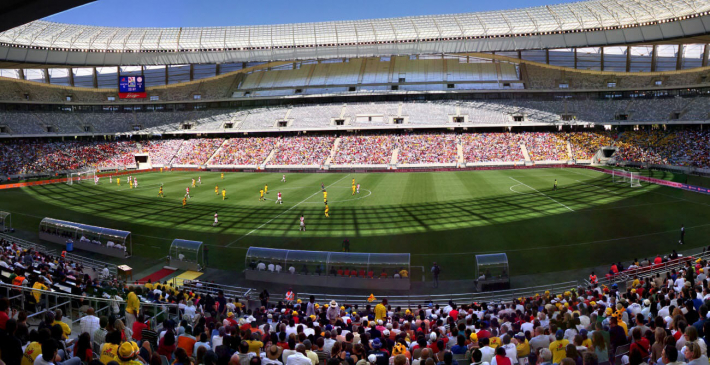The BRICS countries (Brazil, Russia, India, China and South Africa) have become a popular destination for foreign players, while there is immense competition for foreign player spots in European clubs. Below an overview provided by Daniel Brophy, players' agent in South Africa and co-owner of Prime Sports Management.
Intro
Players who want to play in foreign leagues, this is for you. Europe, at least from the African viewpoint, represents the pinnacle of league football. BRICS – these 5 countries are major emerging economies representing over 3.6 billion people and 22% of the world’s GDP.
Competition
The prospects for African footballers in Europe appear bleak with tight limitations on the permitted number of non-European players and increasing saturation of these available slots. Africa’s 54 countries and 1.2 billion people are often lumped into a single category: the ‘African market’. As such, age debate or behavioural issues of a single African player seems to cast ALL African players into one group with the same poor reputation.
Stiff competition exists for the limited spaces. In addition to the highly regarded Central and South American countries, football’s rapid growth in countries such as the USA, China, Japan, Korea and India has increased competition. While the stock of European footballers outside of the Big Five continues to rise due to increased exposure brought by the expansion and inclusiveness of continental competitions and even international friendlies.
Alternative
South Africa has the best payment record and fewest salary disputes. Brazil and South Africa have higher standards of living than India and China. Russia excluded as it falls under European football.
Number of Foreign Players per team (Average)
Brazil: 2.5
India: 8
China: 4
South Africa: 5.7
Monthly Salary (Average)
Brazil: US$ 300-600
India: over US$ 1000
China: over US$ 1000
South Africa: US$ 600-1000
These leagues are the most valuable in their regions, while professionalism of football in these regions is growing. It may not be clear which is the best alternative to European football, but it is evident that this is an excellent time to experience foreign leagues.
References: 2016 FIFPro Global Employment Report; FIFPro; World Economic Forum; www.the-afc.com.










